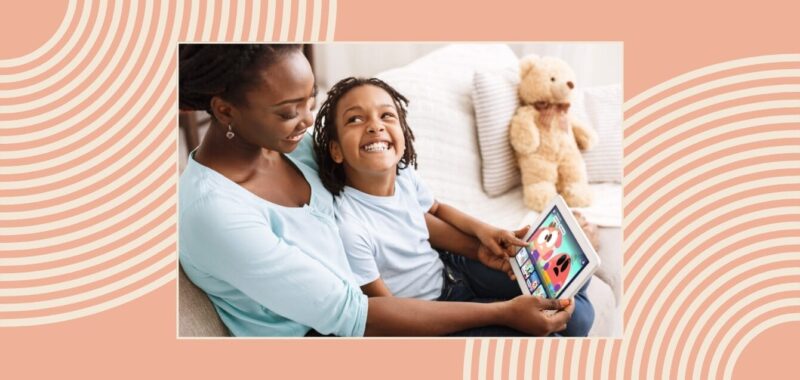“There’s not really anything like postpartum. It’s extremely isolating… you feel like an alien.”
When I read those words from Jennifer Lawrence in a new Variety interview, I felt an immediate connection. Here was someone renowned for her roles and accolades, openly sharing the raw truth about postpartum isolation. It was both surprising and comforting to hear such vulnerability from a public figure.
In the early days after my son’s birth, I went through a whirlwind of emotions. I was barely sleeping, had no appetite, and constantly worried—was my baby hungry, swaddled correctly, warm enough? I found myself crying at the slightest things, not realizing that I was experiencing an extreme hormonal shift. I felt alone and overwhelmed, unsure why I was crying. Even with help, I couldn’t rest—or eat. It wasn’t just physical—it was emotional confusion I couldn’t explain.
Related: “It’s so scary”: Meghan Markle shares her postpartum preeclampsia story—and the pressure to show up anyway
I just found myself wanting to be around my baby constantly. Even when others assured me he was fine, they didn’t grasp my need to be close to him. It wasn’t about distrust; it was about an unexplainable bond and a need for proximity that others couldn’t comprehend.
Lawrence’s words resonate even more when you consider her role in Die, My Love, a new film that confronts the raw truths of early motherhood. Premiering at the 2025 Cannes Film Festival, the film follows a mother’s emotional descent after birth—touching on depression, psychosis, and the unraveling of self. It’s more than a role. It’s a mirror.
Lawrence has said it was hard to separate her real-life emotions from the character’s descent. That’s what makes it powerful. When art reflects what so many of us quietly live, it gives shape to our silence.
Related: This mom’s postpartum experience in China will leave U.S. moms in awe
And Lawrence’s real-life admissions hit just as hard. “It’s extremely isolating… you feel like an alien.” If someone with her support system felt that, what does that say about how we care for mothers without those resources?
Understanding that these feelings are a normal part of matrescence—not a personal failure—can be a profound relief. Giving mothers language for the invisible changes they’re experiencing is the first step toward healing.
Related: The messy, hilarious truth about new motherhood—told in painfully funny comics
Reproductive psychiatrist Dr. Alexandra Sacks has spoken extensively about the emotional landscape of early motherhood. She explains that feelings of isolation are incredibly common among new mothers—even those surrounded by support.
Hormonal shifts, sleep deprivation, and the intense pressure to meet societal expectations can collide in ways that leave mothers feeling overwhelmed, disconnected, and emotionally adrift. Understanding that these feelings are part of a broader, shared experience—something she calls matrescence—can offer both language and validation for what so many of us go through.
If you’re navigating early motherhood and feeling overwhelmed, please know this: You’re not broken. You’re not alone. Even Jennifer Lawrence has felt like an alien. So have I. And so many others. Talking about it doesn’t make you weak—it reminds you you’re not alone.
Related: Matrescence Unveiled: A Conversation with Amy Taylor-Kabbaz

